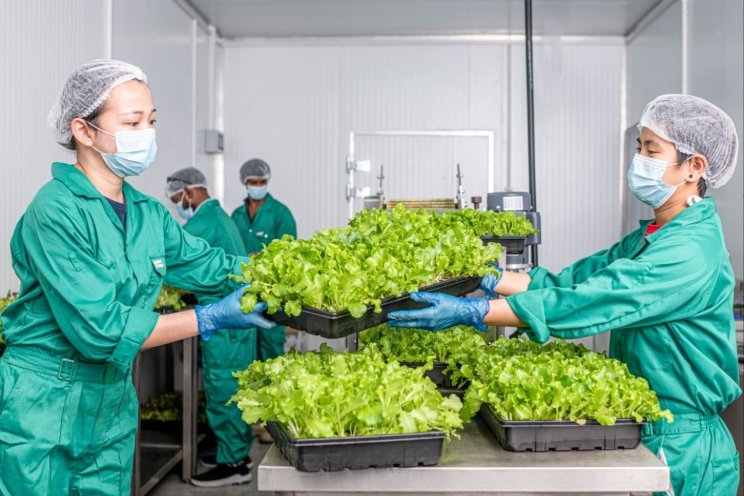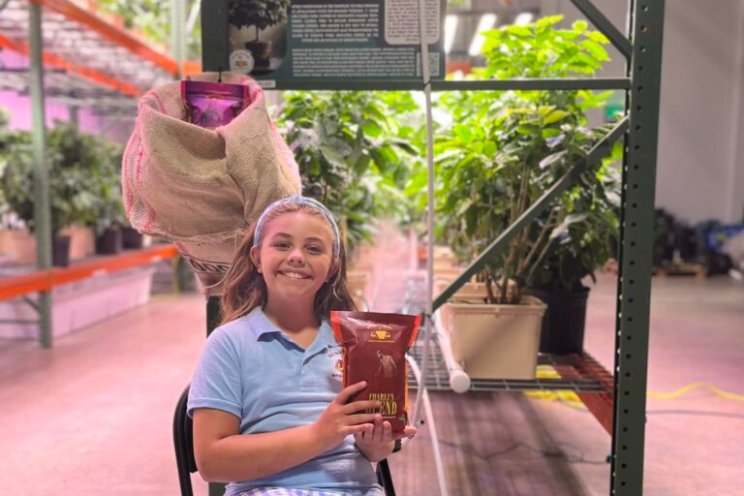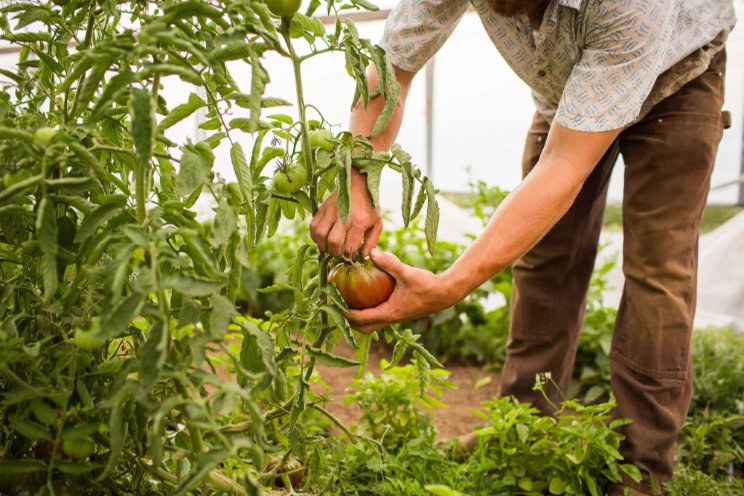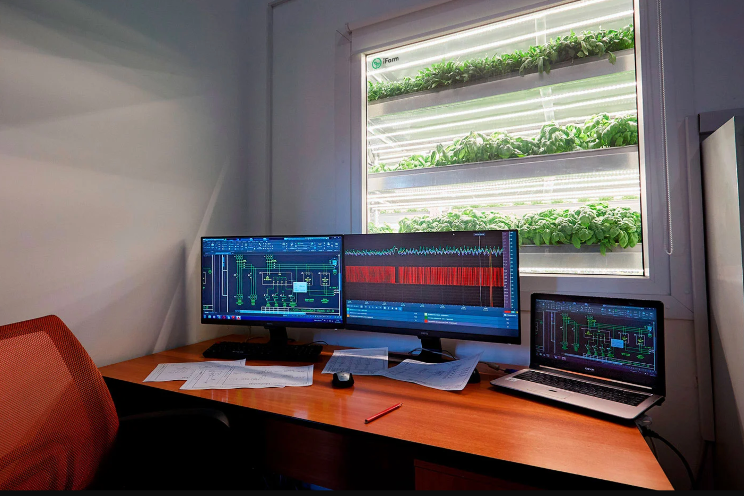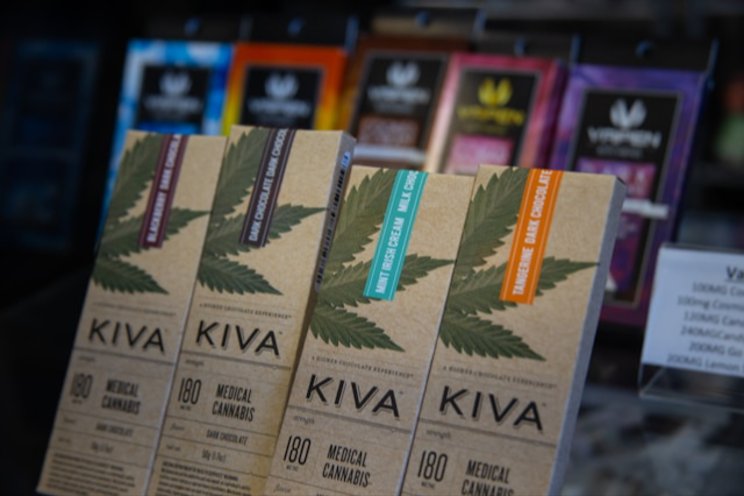Prides Corner Farms is building on a strong legacy
Added on 16 January 2022
Prides Corner's most recent endeavor has been upgrading its propagation facilities, as well as an overhaul of its irrigation system.
"Because we don't have access to a major fresh water source in our area, we needed to become more self-sufficient in our water use," says Evan Brand, Nursery Manager at Prides Corner Farms. "Our long-term goal is to recapture and reuse 100% of the water we have."
More Efficient Water Use
The process started a couple years ago, when Brand and the Prides Corner management team approached Griffin Greenhouse Supplies, its long-time supply partner, to map out the project. Initially, the plan was somewhat complicated.
"Our terrain is very hilly, so we needed a system that could handle a range of pressure points," Brand says. "We also needed to ensure a clean water source, since even a fraction of a percentage of pathogens can be crippling."
The older system pumped water from a 3-acre pond, and this water was applied to Prides Corner's liner range. Brand says there was little control of water quality.
The new system pulls water out of a larger pond that has already been recaptured. The water is filtered to physically remove any particulates, then goes through an ozone and sterilization process before it is moved into a holding area that becomes an on-demand source of clean water.
In the greenhouse, most water is applied via overhead irrigation. The plants are also treated with a polymer wetting agent that helps them maintain an adequate moisture level.
"We like the results on our peat- and bark-based media," says Brand, who notes the wetting agent is used in all woody ornamental and perennial mixes.
The irrigation project is still a work in progress, although Neal Farnham, Regional Sales Manager with Griffin, says the end result should make a huge difference.
"We anticipate being able to irrigate 18 bays 150 feet long each with 24,000 gallons of water from two water silos (with room for a third) on any given day if necessary," says Farnham, who's been closely involved in managing the project.
Click here to read more.
Image by alexander from Pixabay
Source: Greenhouse Grower
More news

